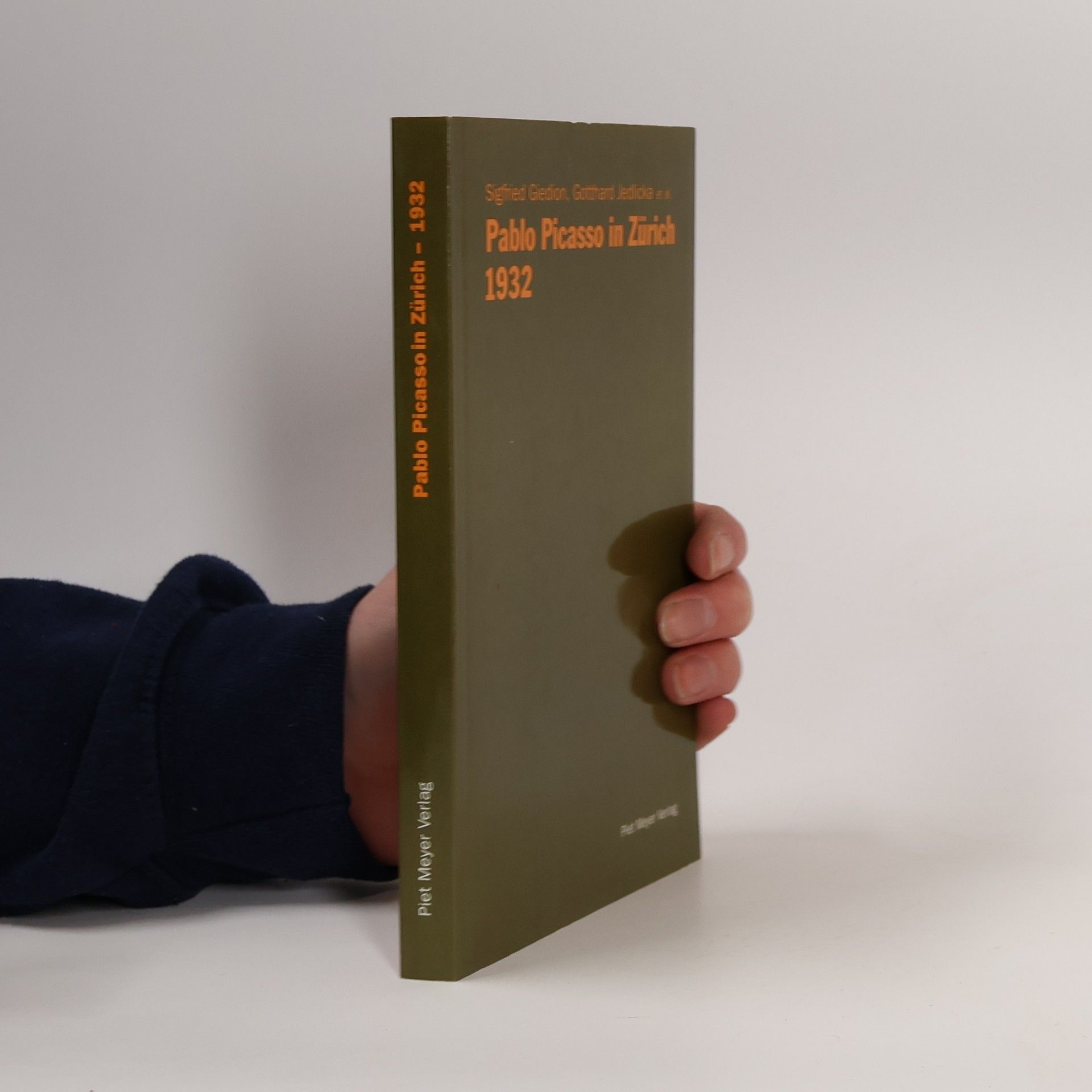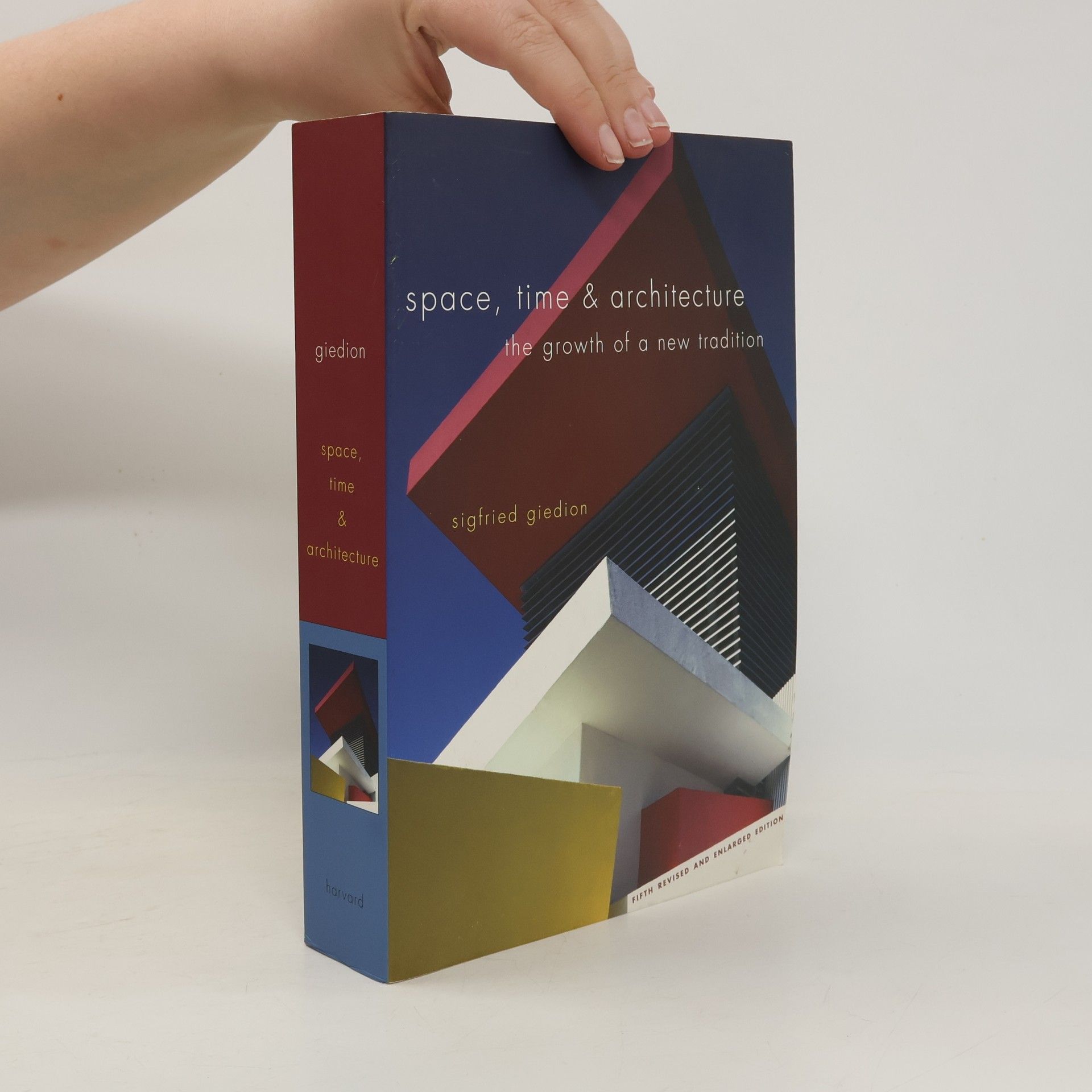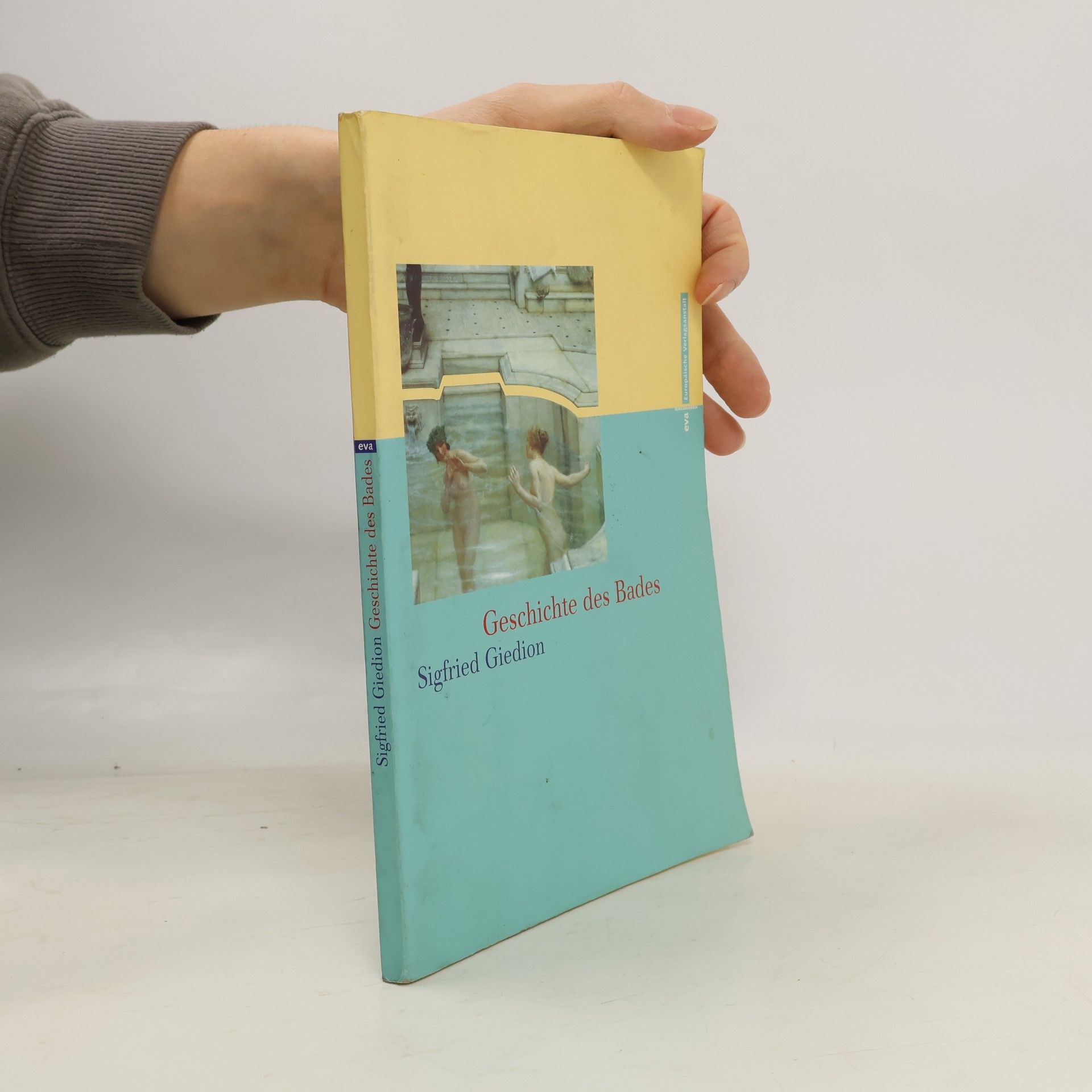Focusing on the origins of art, this work reevaluates paleolithic creations through a modernist lens, emphasizing abstraction, transparency, and simultaneity. The author, an esteemed historian, contrasts traditional materialistic views by exploring how concepts of constancy and change manifest in paleolithic paintings, engravings, and sculptures. He highlights the significance of symbols and the representation of animals, suggesting they embody a primordial unity between humans and nature. This study presents a fresh and vital perspective on prehistoric art.
Sigfried Giedion Book order (chronological)






Die Entstehung des heutigen Menschen
Ein unvollendetes Buchprojekt, 1929–1938
Eine «neue Geschichte» schwebte dem Schweizer Kunsthistoriker und Herold der modernen Architektur Sigfried Giedion (1888–1968) vor, als er 1929 die Arbeit an einem ambitionierten Buchprojekt aufnahm. Es behandelte die historische Spanne zwischen etwa 1750 und dem unmittelbaren Jetzt der 1930er Jahre. Mehrbändig angelegt und multidisziplinär ausgerichtet sollte es als zeitdiagnostisches Dokument und als Orientierungshilfe innerhalb einer als chaotisch empfundenen Gegenwart dienen. Aus verschiedenen Gründen wurde es 1938 unterbrochen und blieb unvollendet. Das zurückgelassene Material – eine Fülle von Texten, Bildern und Aufzeichnungen – gruppiert sich um drei grosse zivilisatorische Themen: Industrialisierung, soziale Fürsorge, moderner Kunstbetrieb. Das heterogene Konvolut wurde in einem handlichen Buch ediert. Es gewährt neue, oft unerwartete Einsichten in Giedions historische Agenda jenseits seiner bekannten Publikationen und einen faszinierenden Einblick in sein Geschichtslabor.
Pablo Picasso in Zürich - 1932
- 157 pages
- 6 hours of reading
Space, Time and Architecture. The Growth of a New Tradition
- 960 pages
- 34 hours of reading
"A classic first published in 1941, translated into half a dozen languages, and now in a fifth edition, Space, Time and Architecture is an unparalleled work on the shaping of our architectural environment. The discussions of leading. architects - Wright, Gropius, Le Corbusier, Mies van der Rohe, Aalto, Utzon, Sert, Tange, and Maki - are accompanied by over 500 illustrations."--Cover
Geschichte des Bades
- 92 pages
- 4 hours of reading

